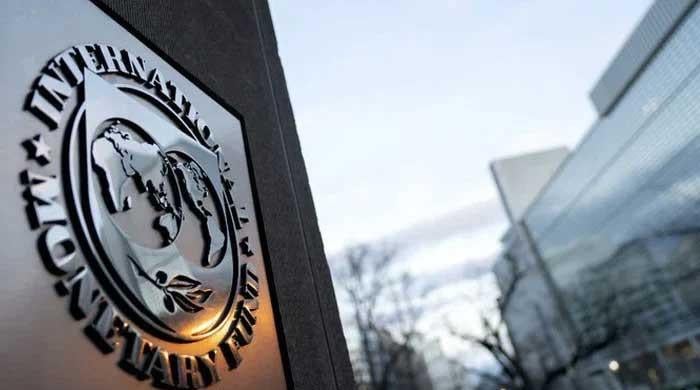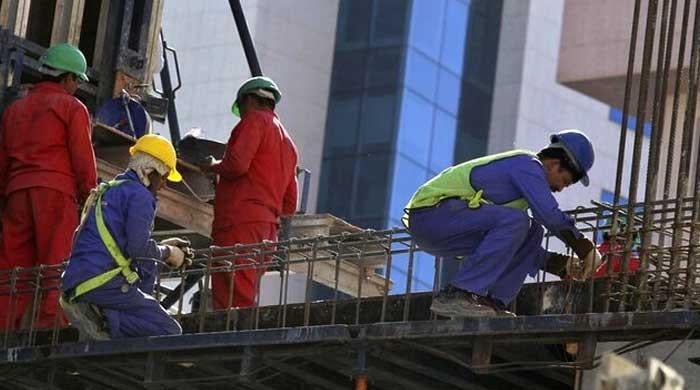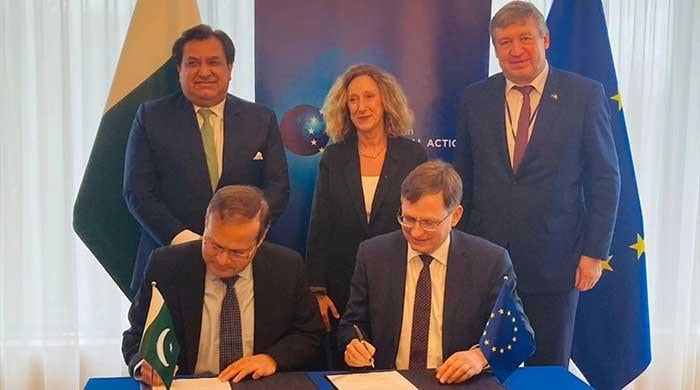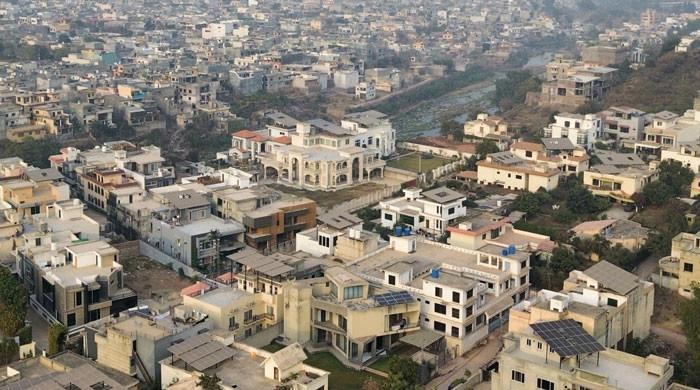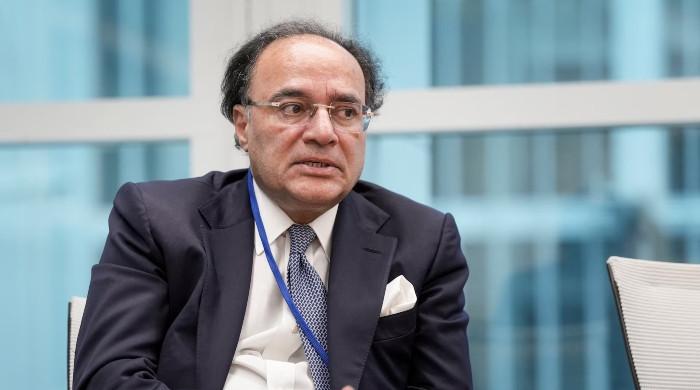World Bank sees Pakistan FY17 growth at 5.2 pct, highest in nine years
Growth is expected to accelerate to 5.5 percent in FY18 and 5.8 percent in FY19
May 20, 2017
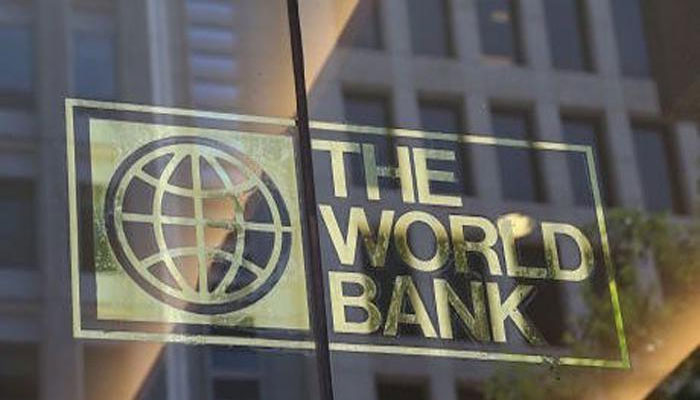
ISLAMABAD: May 20 The World Bank on Saturday forecast Pakistan's GDP growth in fiscal year 2017 to climb to 5.2 percent, the highest expansion rate in nine years, boosted by consumer confidence and fiscal reforms.
Growth is expected to accelerate to 5.5 percent in FY18 and 5.8 percent in FY19, according to a World Bank report released on Saturday.
But it warned that weakening trade and fiscal balances made it crucial to continue reform efforts and to develop skills to find jobs for the country's growing youth population.
"Pakistan's accelerating growth is good news and reflects the country's success in building confidence. But the pace of reforms has slowed and it is important for the structural reforms to accelerate," said Illango Patchamuthu, World Bank country director for Pakistan.
The World Bank forecast came the same day as Pakistan's central bank estimated slightly higher real GDP growth in FY17 of 5.3 percent, which would represent a 10-year high.
Private sector credit showed a net expansion of 503 billion rupees ($4.81 billion) during the nine months through April, well above the 334 billion-rupee expansion recorded in the corresponding period of last year, the central bank said in a statement.
The World Bank's twice-yearly report was released in Lahore on Saturday in collaboration with Lahore School of Economics.
It said a moderate increase in investment was expected to supplement growth, driven primarily by public and private consumption.
The report said there need to be more technical and vocational training programme to boost job prospects for the "youth bulge". Sixty percent of Pakistan's estimated population of 190 million is under the age of 30.
It emphasized that federal and provincial governments must work together on reforms, since many policies are handled at the province level.
"Effective collaboration between federal and provincial governments will be crucial if Pakistan has to deliver on its growth potential," said Muhammad Waheed, World Bank senior economist for Pakistan.




